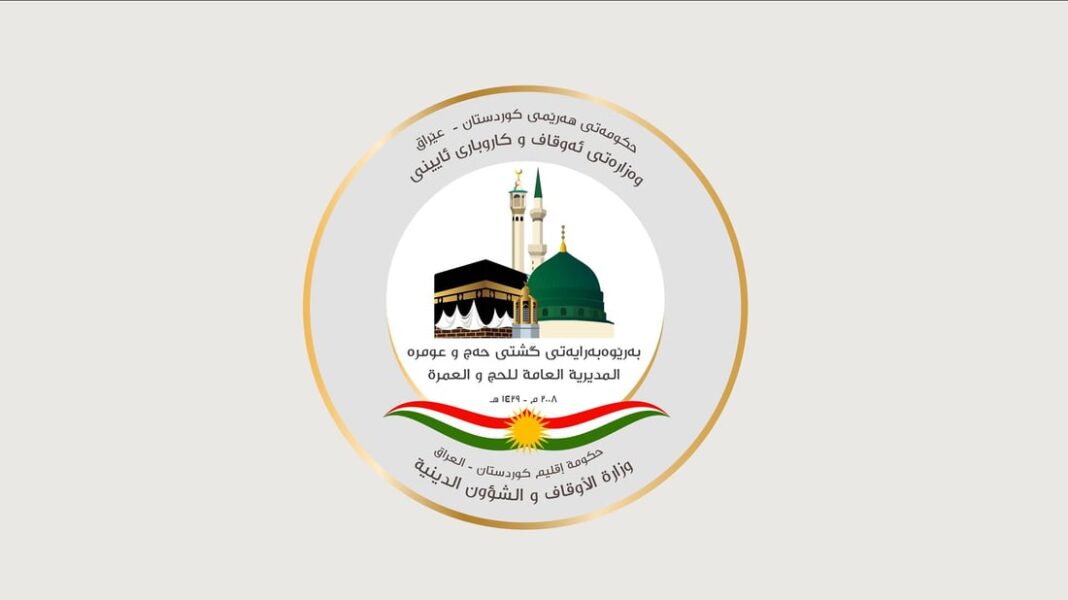Iraq oil exports to US declined in August, according to data released by the US Energy Information Administration (EIA). The figures revealed that Iraq shipped 7.93 million barrels of crude oil to the United States during the month, down from 8.37 million barrels in July.
This decline shows how shifting demand and production adjustments are influencing Iraq’s exports. Although the numbers remain high, the drop reflects broader changes in global energy trade. Moreover, the figures confirm that Iraq continues to play a crucial role in supplying oil to the American market.
During August, exports varied week by week. In the first week, Iraq sent 328,000 barrels per day. The second week recorded 162,000 barrels daily, while the third week saw 302,000 barrels per day. Finally, the fourth week ended with 231,000 barrels per day reaching the United States.
Despite the decline, Iraq maintained its ranking as the fifth-largest supplier of crude oil to the United States. Canada remained the top exporter, followed by Saudi Arabia, Mexico, and Brazil. Consequently, Iraq’s position shows its importance within the global oil supply chain.
Regionally, Iraq was the second-largest Arab supplier of oil to the United States. Saudi Arabia held the top spot with 9.36 million barrels, while Libya exported 3.53 million barrels. Therefore, Iraq remains a central player in Arab oil exports to the American market.
Looking back at 2024, Iraq’s combined crude oil and petroleum product exports to the United States exceeded 95 million barrels. This long-term trend highlights Iraq’s growing ability to increase production and meet international demand.
In fact, Iraq oil exports to US have surged in recent years, often setting new monthly records. This growth reflects both rising global energy needs and Iraq’s capacity to expand its production capabilities. As the country continues to strengthen its oil sector, future exports are expected to remain vital for both Iraq and its trade partners.
Ultimately, Iraq oil exports to US demonstrate how energy trade connects regional producers with global markets. The August decline underscores the dynamic nature of supply and demand, yet Iraq’s role remains secure.



